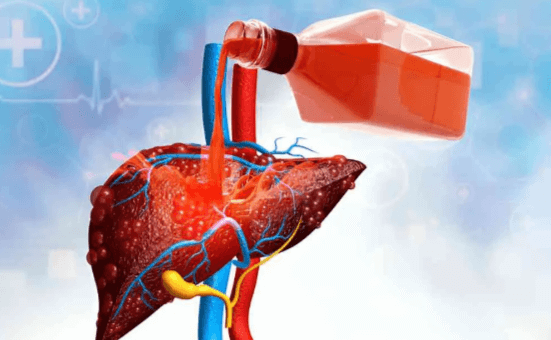Breaking the Chains: Overcoming an Alcohol Addiction

Alcohol addiction is a debilitating disease that wreaks havoc on the lives of millions of individuals across the globe. It not only affects the person struggling with addiction but also their family, friends, and community. The journey toward sobriety is often arduous and complex, requiring a combination of willpower, support, and professional guidance. By educating oneself and understanding the multifaceted nature of alcohol addiction, individuals can take the first critical steps toward recovery. Keep reading to discover impactful insights and strategies for overcoming alcohol dependence and embracing a life of sobriety.
Essential Steps To Begin Your Journey to Recovery
Acknowledging the problem marks the critical first step on the road to recovery. This acceptance can be daunting but serves as the foundation for all subsequent efforts to combat addiction. Following acknowledgment, the affected individual should seek professional help to evaluate the severity of their addiction and chart a personalized recovery plan.
Detoxification is usually the initial stage of treatment, allowing the body to rid itself of alcohol’s toxic influence. Under medical supervision, detox ensures the safety and comfort of the individual during withdrawal. It’s important to note that detox alone is not a cure; it must be followed by comprehensive therapy and support.
When considering a rehabilitation facility, it’s vital to choose a credible and nurturing environment, such as an alcohol rehab in Austin, that offers a continuum of care tailored to the needs of each individual. Rehabilitation centers often provide a structured environment that eliminates temptations and distractions, allowing the person in recovery to focus on healing.
Strategies for Maintaining Sobriety and Preventing Relapse
Maintaining sobriety is a lifelong commitment that demands ongoing effort and vigilance. Implementing strategies to cope with cravings and triggers is a necessity. One such strategy involves avoiding people, places, and situations that are closely associated with drinking. Additionally, learning new, healthier ways to manage stress is crucial.
Developing hobbies and interests can provide fulfilling alternatives to drinking. Engaging in physical activities, pursuing creative endeavors, or volunteering are positive ways to build self-esteem and establish new routines. Additionally, these activities can lead to new social circles that support a sober lifestyle.
Relapse prevention also involves creating a strong support network, including family, sober friends, support groups, and counselors. Such networks provide encouragement and advice during difficult times. Support groups like Alcoholics Anonymous (AA) offer a sense of community and a proven framework for recovery based on shared experiences and accountability.
Read also The Role of a Recovery Life Coach in Supporting Individuals Struggling With Addiction
The Role of Support Systems in Overcoming Alcohol Addiction
The battle against alcohol addiction becomes more manageable with a strong network of support. Having loved ones involved in the recovery journey can offer the encouragement and compassion needed to navigate the challenging path toward sobriety. Family therapy and couples counseling can help heal relationships strained by addiction.
Professional support, including addiction counselors and healthcare providers, play a critical role in maintaining recovery. These professionals can provide expert advice, continue therapy sessions, and offer strategies for dealing with the psychological aspects of addiction. They help inculcate coping mechanisms that are vital for enduring sobriety.
Peer support groups offer a communal space for sharing experiences and learning from others who have faced similar challenges. The sense of belonging and mutual understanding within these groups can alleviate the feelings of isolation that often accompany addiction. Members can draw strength from one another’s successes and learn from each other’s setbacks.
Embracing a New Life: Personal Growth After Beating Addiction
Recovery from alcohol addiction is more than achieving sobriety; it’s about rebuilding and enhancing one’s life. Personal growth is a significant component of this stage, as individuals discover their strengths and work towards their full potential without the crutch of alcohol. Sobriety opens up new avenues for personal and professional development.
Education and career advancement are often priorities for those in recovery, offering a constructive focus for their energies and time. Developing a strong sense of identity and purpose can replace the void that alcohol once filled. This identity is often characterized by resilience, self-discovery, and a newfound appreciation for life’s possibilities.
Overall, the path to overcoming alcohol addiction is not linear but rather a continuous journey that demands dedication, patience, and unwavering support. By understanding addiction, actively pursuing recovery, establishing sobriety maintenance strategies, and leaning on support systems, individuals can reclaim their lives. Ultimately, the triumph over addiction paves the way for extraordinary personal growth and the promise of a hopeful future.






